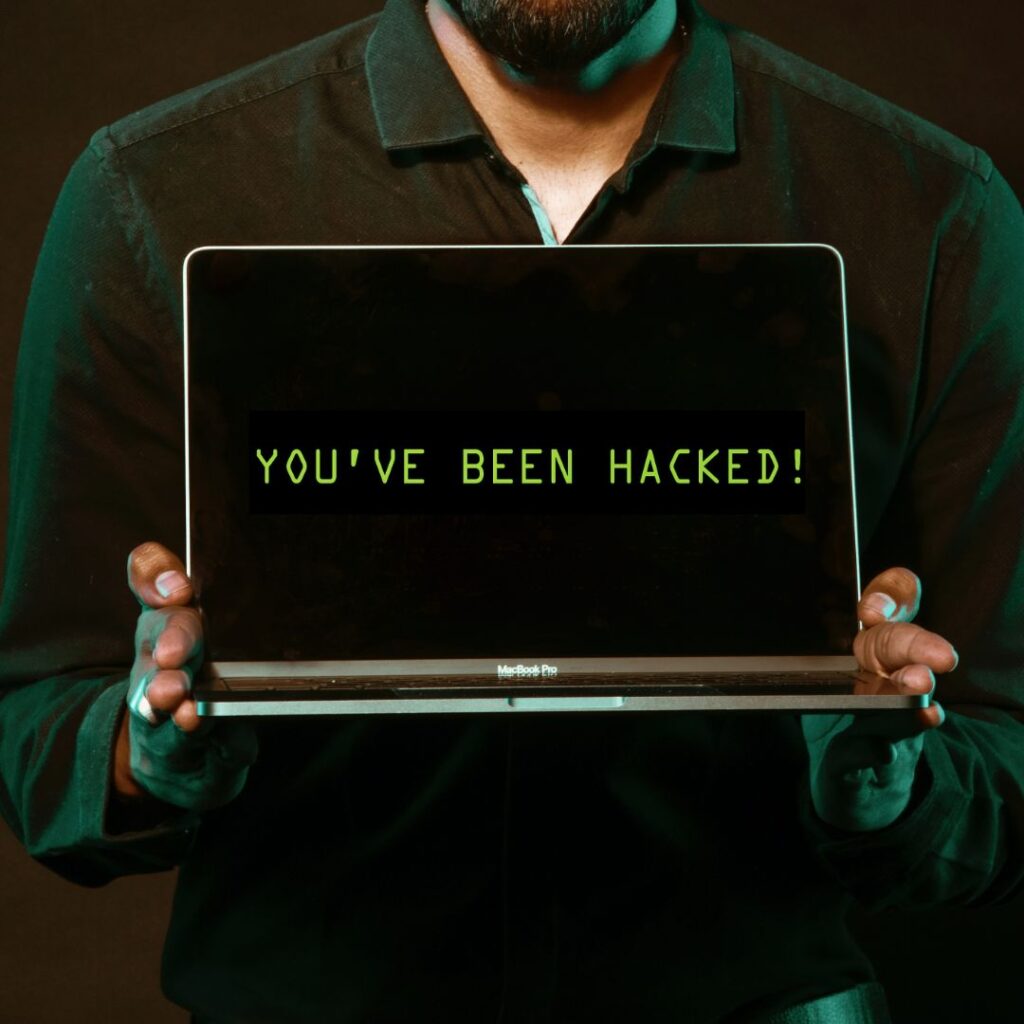Looking through the mail, it has become a weekly ritual to find a notification of a data breach. The little piece of paper informs you that your data hackers have gotten your data. Sometimes it is incredible how little your digital identity is worth. Your Uber account, including your travel history and credit card, is USD14. Paypal is the same. Yet, as consumers, we have to realize that we have the power to change this situation.

Why should we care?
Beyond the annoyance of changing passwords and credit cards, the amount of data stolen and aggregated should concern anyone minding their privacy. Today, I can buy multiple datasets on the black market and easily combine them. This set gives a comprehensive profile of where someone shops, what they prefer to buy, and on which social media channel they post about it afterward. If we remember 2016, it was a great scandal when Cambridge Analytics used Facebook data to target likely Republican voters. They only used data obtained legally and thus were limited to what we shared on Facebook. Today, more apps than ever have access to our cell phone locations. A single data breach could expose whether you visited a church, store, music festival, or abortion clinic. Add in a bit of AI, and based on your habits, I can predict when it is a good time to empty your bank account. After all, you only check it on the second Tuesday of the month before the major shopping trip.
Given the ever-falling price of these datasets and the ease of payments thanks to cryptocurrencies, we have become quite transparent. One only has to be willing to spend a few bucks and have some talent in Excel.
What can we do?

Given the flood of hacks from Uber Technologies, Rockstart, Crypto.com, Microsoft Corp., to the International Committee of the Red Cross, one can only feel helpless. There is no way one of us can stop the flood.
Claim your money
Yet, if each of us takes action, we can make a change. Most importantly, whenever you get a notice. Please fill it out and claim the most amount of money you can. It might not be any significant amount coming to you, and it often seems like it is not worth the time, yet the sum typically hurts the companies.
Unique Logins
When using online accounts, you should belong to the 44% of Americans who reuse their online banking password for a different account. Once someone targets you specifically, 80% of the time, it is through stolen logins. Social engineering is the second significant risk. Yet, most banks ask simple questions. Where did you meet your significant other? In college, as seen on LinkedIn. What was your first car? I posted that one on Pinterest. Or how about your first animal? Your mom posted an embarrassing photo on Facebook, so I got covered. If you need help remembering more complex answers or remembering complex passwords, then Password managers can help!
Two-Factor
Suppose you want to be even better. Use two factors. Yes, waiting for an SMS to come is annoying, and no, SMS are less secure than they make it out to be. However, it is significantly safer than just relying on a password. Finally, most banks have started to offer it as a minimum, and most companies are slowly following suit.
Don’t share
Lastly, do you need to sign up for every shop promotion, 20-cent discount code, and funny cat video? Beyond the security aspect of having too many online accounts, privacy is an issue we have barely scratched. Every time you sign up for something, post something, or join a website, you give up a little piece of your life without thinking about it. Saying NO and taking your business somewhere that does not require a newsletter subscription for a pancake recipe is better. Not just for your privacy but also for your sanity in dealing with all the newsletters, passwords, and subscriptions.
We Should Care about our Digital Identity!
If only a few of us act, we might not make a significant change. However, all of us changed our behavior. In that case, we can start taking care of our digital identity the way we take care of our physical identity. At the very least, it will save us from the fallout of someone opening a bank account in our name or going on a shopping spree.
